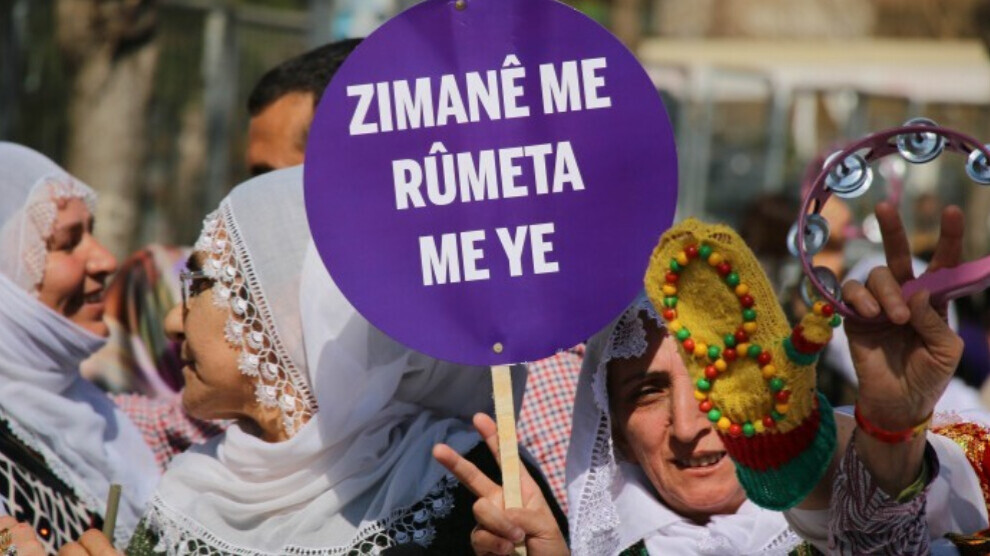Today is International Mother Language Day
Lawyer Kendal Selçuk,said that the articles in the Constitution that see Turkish as the sole official and educational language should be changed.
Lawyer Kendal Selçuk,said that the articles in the Constitution that see Turkish as the sole official and educational language should be changed.

International Mother Language Day was proclaimed by the General Conference of the United Nations Educational, Scientific and Cultural Organization (UNESCO) in November 1999.
According to UNESCO, globally, 40 percent of the population does not have access to an education in a language they speak or understand. But progress is being made in multilingual education with a growing understanding of its importance, particularly in early schooling, and more commitment to its development in public life.
The International Mother Language Day 2025 theme is "Language Matter: Silver Jubilee Celebration of International Mother Language Day."
Amed Bar Association Kurdish Language Commission Coordinator, lawyer Kendal Selçuk, said that the articles in the Constitution that see Turkish as the sole official and educational language should be changed.
The use of many different languages, especially Kurdish, is prevented in Turkey. Citizens cannot receive education or services in their native language. The Kurdish people, who cannot use their own language in the Parliament, public institutions, service areas, and education, have been fighting for years for Kurdish to be the official language. Kurds, who face major problems and difficulties in places where they cannot receive services in Kurdish, want to receive education in their own language.
Background
The idea to celebrate International Mother Language Day was the initiative of Bangladesh. The UN General Assembly welcomed the proclamation of the day in its resolution of 2002.
On 16 May 2007, the United Nations General Assembly in its resolution A/RES/61/266 called upon Member States "to promote the preservation and protection of all languages used by peoples of the world". By the same resolution, the General Assembly proclaimed 2008 as the International Year of Languages, to promote unity in diversity and international understanding, through multilingualism and multiculturalism, and named the United Nations Educational, Scientific and Cultural Organization to serve as the lead agency for the year.
Today there is growing awareness that languages play a vital role in development, in ensuring cultural diversity and intercultural dialogue, but also in strengthening co-operation and attaining quality education for all, in building inclusive knowledge societies and preserving cultural heritage, and in mobilizing political will for applying the benefits of science and technology to sustainable development.